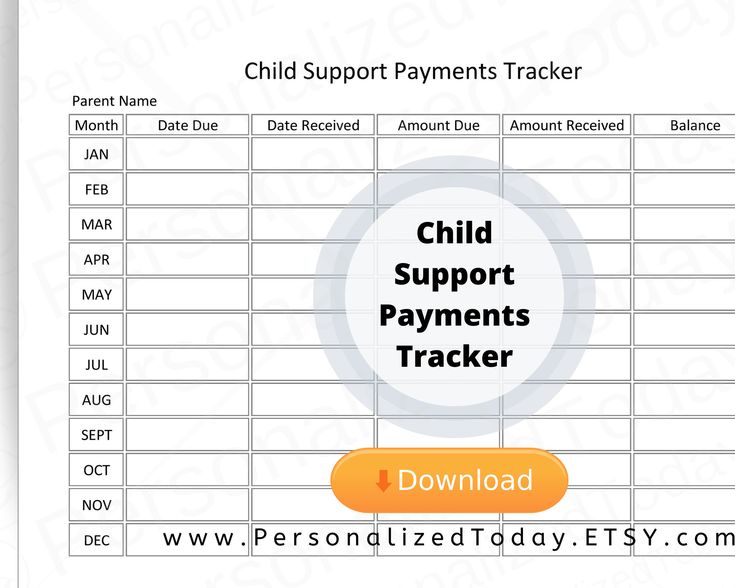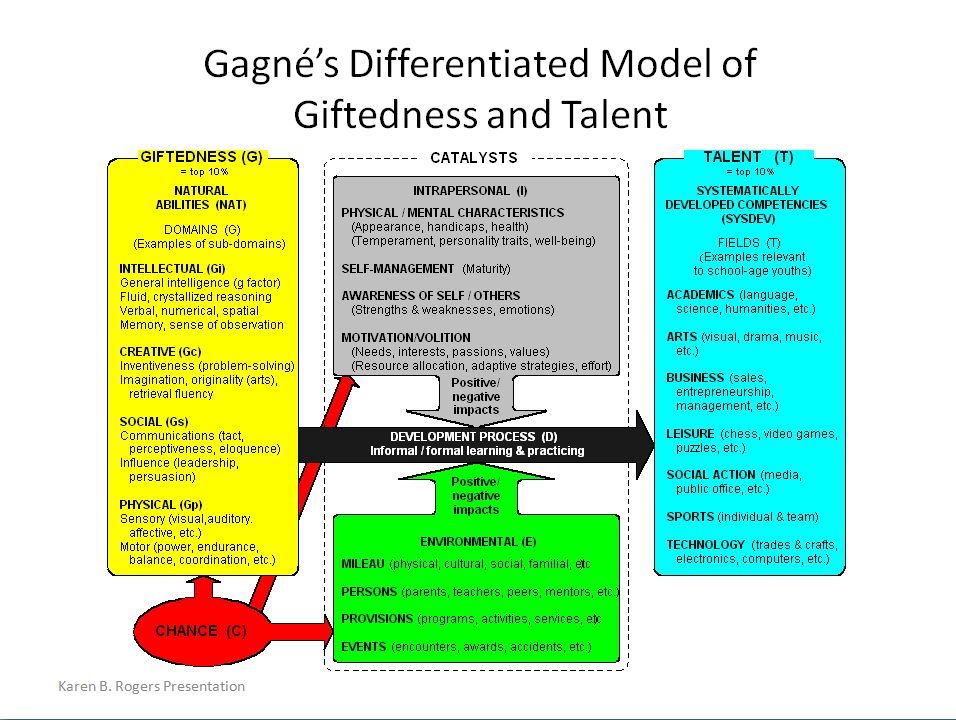How to make a child emotionally strong
A therapist says the most mentally strong kids always do these 7 things
As a psychotherapist, one of the most common questions parents ask me is: What are the key strengths I should be teaching my kids?
There are several, but the type that will really help them become their best selves and get through life's toughest challenges is mental strength.
Mental strength requires you to pay attention to three things: the way you think, feel and act. Thinking big, feeling good and acting brave helps us grow our mental muscles. Of course, it takes practice, patience and constant reinforcement to get to a point where you'll do these things naturally.
But I've seen many young people successfully achieve it over time. Here are seven things mentally strong kids always do, and how to help your kids get there if they haven't already:
1. They empower themselves
If your kid says, "My friend got a higher score on the quiz, which makes me feel bad about myself," they're essentially giving someone else power over their emotions.
But kids who feel empowered don't depend on other people to feel good. They choose, for example, to be in a bright mood even when someone else is having a bad day or tries to take their anger out on them.
Create catchphrases: Work with your kid to come up with phrases that they can repeat to themselves. Use words that show they are in charge of how they think, feel and behave — regardless of how those around them are doing.
This will help drown out the negative voices in their head that try to convince them they lack the potential to succeed. The most effective catchphrases are short and easy to remember:
- "All I can do is try my best."
- "Act confident."
- "I'm good enough."
- "I choose to be happy today."
2. They adapt to change
Whether it's moving to a new school or not being able to play with friends during the pandemic, change is tough. Your kid might miss the way things used to be or worry that what's happening might make their life worse.
But mentally strong kids understand that change can help them grow into an even stronger person, even though it might not feel that way at first.
Name your emotions: Change feels uncomfortable. But just putting a name to your feelings can lessen the sting of these emotions.
Unfortunately, most of us don't spend enough time thinking about how we feel. In fact, even as adults, we tend to put more energy into fighting our emotions.
So when your kid is faced with a major change, have them talk elaborately about how they're feeling. More importantly, help them find — and define — the right words to describe it (e.g., sad, happy, frustrated, nervous, eager).
3. They know when to say no
Everyone struggles to speak up, say no, or express their feelings once in a while. But depending on the situation, choosing not to say yes makes you stronger.
Kids often struggle to say no because it can feel awkward and weird. By finding the courage to do it more often, however, they'll find that it gets easier over time.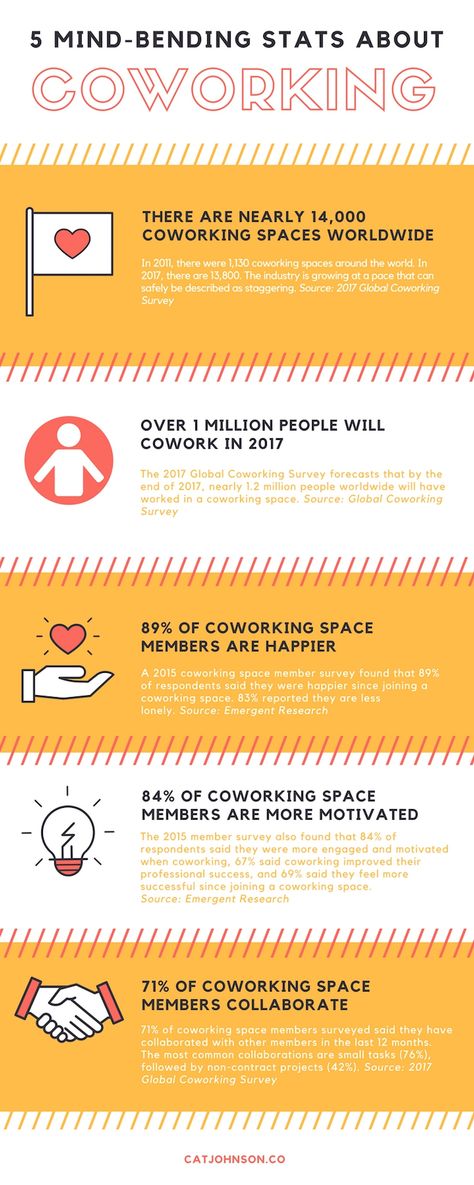 It also reduces the stress of having to commit to things they don't want to do.
It also reduces the stress of having to commit to things they don't want to do.
Try the "give up" test: When your kid is faced with a decision to say yes or no, ask them what they will have to give up if they say yes. For example, saying yes to a playdate at a friend's house might mean giving up time spent with siblings.
Ask them: "Are you willing to give that thing up?" If they decide they don't want to, then say no. If they decide they don't mind, then they can go ahead and say yes.
Help them find the courage to say no by coming up with polite ways to turn someone down:
- "No, I'm not able to." (You don't always need to offer a reason.)
- "Thank you so much for inviting me, but I've got other plans."
- "I'll have to check and get back to you." (Use this if they need some time to think about it.)
- "I don't really feel like doing that today, but I appreciate you asking."
4. They own their mistakes
Kids are often tempted to hide their mistakes because they don't want to get in trouble.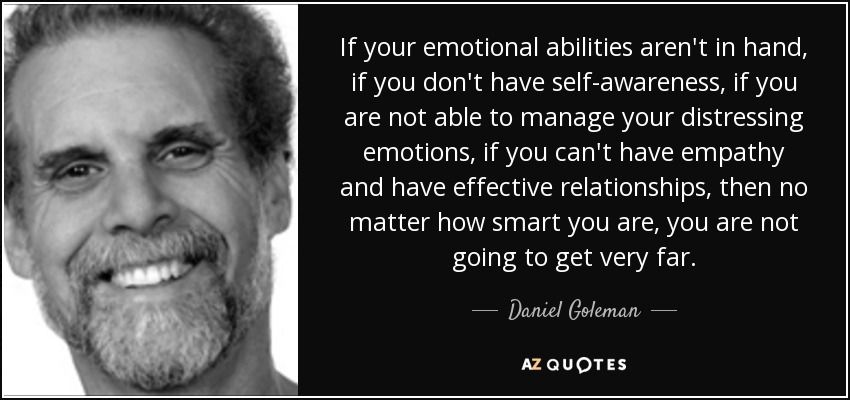 Maybe they forgot to do their homework or accidentally broke an expensive vase.
Maybe they forgot to do their homework or accidentally broke an expensive vase.
Owning your mistakes helps you build character. Kids who are brave enough to practice this recognize what they did wrong, and mentally prepare themselves to fully admit to what they did.
They also apologize and find ways to avoid making the same mistake again.
Create an environment for success: If your kid is disorganized, they probably have a hard time remembering all their assignments. Or if their room is filled with tons of treats, they might not be able to resist eating too much sugar.
When your kid makes a mistake, remind them that they can change their environment in a way that will prevent them from making the same mistake twice.
For example, they can write down assignments as soon as they receive them, or remove all unhealthy snacks so they're not within easy reach.
5. They celebrate other people's successes
It's normal for kids to feel jealous when their friends get a new toy, for example, or when the other team wins another game.
But feeling negatively towards other people only hurts them, and not the other party. Encourage your kid to cheer people on when they do a good job.
Mentally strong kids are supportive of their peers, and they focus on performing their best without worrying about how everyone else is doing.
Act like the person you want to be: Have your kid come up with a list of traits they admire. Maybe they want to be more confident like their sister, or optimistic like their teacher. Encourage them to act as if they already possess those traits.
This doesn't mean they should be someone they're not. It simply means putting their best foot forward. When we feel good about ourselves, it's easier to celebrate other people's successes.
6. They fail ... and try again
Failure hurts — it can feel embarrassing, disappointing and frustrating. But the most accomplished people reached their goals by failing along the way.
Kids who do well later in life focus their attention on what went wrong and how they could fix it. They have growth mindsets that help them turn failures into positive learning experiences.
They have growth mindsets that help them turn failures into positive learning experiences.
Remember successful people who failed: Experts have found that kids actually perform better when they learn that many success stories began with failure.
The next time your kid feels down because they feel they've failed at something, educate them about people who made similar mistakes, like Thomas Edison. Edison helped invent the lightbulb, in addition to many other great things. But he also had more than 1,000 inventions that didn't work.
This will give your kid confidence, and they'll know that one poor grade, for example, doesn't mean they're bad at science.
7. They persist
When it takes a while to reach a goal, or when you don't feel like putting in the hard work to succeed, your brain might try to convince you to give up.
Mentally strong kids who persist will continue to work hard even when they don't feel like it. Often, they eventually succeed and discover that they're stronger than they initially thought.
Write a letter: Have your kid write a letter — filled with words of kindness and encouragement — to themselves.
It can be a long note, or a short and simple one that says: "I know things are tough, but you can do this because you've achieved challenging goals before. And you can do it again."
Each time they feel tempted to give up, tell them to go back to that letter. It will motivate them to push forward and persist.
Amy Morin is a psychotherapist, editor-in-chief of Verywell Mind, and host of The Verywell Mind Podcast. She is the author of the best-selling book "13 Things Mentally Strong People Don't Do," and the upcoming book "13 Things Strong Kids Do: Think Big, Feel Good, Act Brave." Her TEDx talk "The Secret of Becoming Mentally Strong" is one of the most viewed talks of all time.
Don't miss:
- A therapist shares the 7 biggest parenting mistakes that destroy kids' mental strength
- Harvard psychologist to parents: Do these 7 things if you want to raise kids with flexible, resilient brains
- I raised 2 successful CEOs and a doctor—here's one of the biggest mistakes I see parents making
How to raise successful and mentally strong kids, according to science
Pinningnarwhals | Twenty20
Parents, teachers and coaches devote countless hours into helping kids build skills that they think will help them have a brighter future. But, reading aptitude and soccer skills don't guarantee a happy adult life.
But, reading aptitude and soccer skills don't guarantee a happy adult life.
In fact, a 2015 study published in the American Journal of Public Health found that social and emotional skills are the biggest predictors of future success. Researchers discovered that the more emotionally, mentally and socially competent kids were in kindergarten, the more likely they were to go to college and be employed full-time at age 25. Kids with the lowest social and emotional competency scores were at the highest risk for dropping out of school, legal problems and substance abuse issues.
But just because a child goes to college doesn't mean they've got all the emotional skills they need to succeed. In fact, a 2015 nationwide survey of 1,502 college students found that 60 percent of first-year students felt emotionally unprepared for college and were more likely to report poor academic performance and a negative college experience.
Fortunately, social and emotional skills can be taught (I include more than 100 exercises that teach these skills in my book "13 Things Mentally Strong Parents Don't Do"). A few simple strategies incorporated into your daily interactions with your child can make a big difference.
A few simple strategies incorporated into your daily interactions with your child can make a big difference.
Here are five things smart parents do to raise successful, mentally strong kids:
1. They validate their feelings
Kids' responses often seem out of proportion to the circumstances. But saying, "Calm down! It's not a big deal," or "Don't be scared. Everything will be OK," does them a disservice.
Their feelings — no matter how dramatic they seem — are real. Smart parents teach kids that their feelings are OK and it's what they do with those feelings that matters. They say things like, "It's OK to feel angry but it's not OK to hit your brother."
2. They coach them on how to manage their emotions
Successful parents don't take responsibility for their children's emotions. Rather than calm them down when they're upset or cheer them up when they're sad, they give their kids the tools they need to regulate their own emotions.
.
..social and emotional skills are the biggest predictors of future success.
Amy Morin
author of "13 Things Mentally Strong People Don't Do"
They proactively help them identify the coping skills that work for them. While coloring might be a good way for one child to cope with feeling sad another child may feel better by listening to music.
3. They let them make mistakes
Even though it's tough to watch a child mess up, smart parents turn mistakes into learning opportunities. Mistakes—and the natural consequences that come from them — can be life's greatest teacher.
Whether a child forgets to pack his water bottle, or he waits until the last minute to do his science fair project, smart parents don't bail their kids out. Instead, they help their kids learn how to do better in the future.
4. They problem-solve together
Whether their kids forget to do their chores or they're struggling with their grades, smart parents involve kids in problem-solving.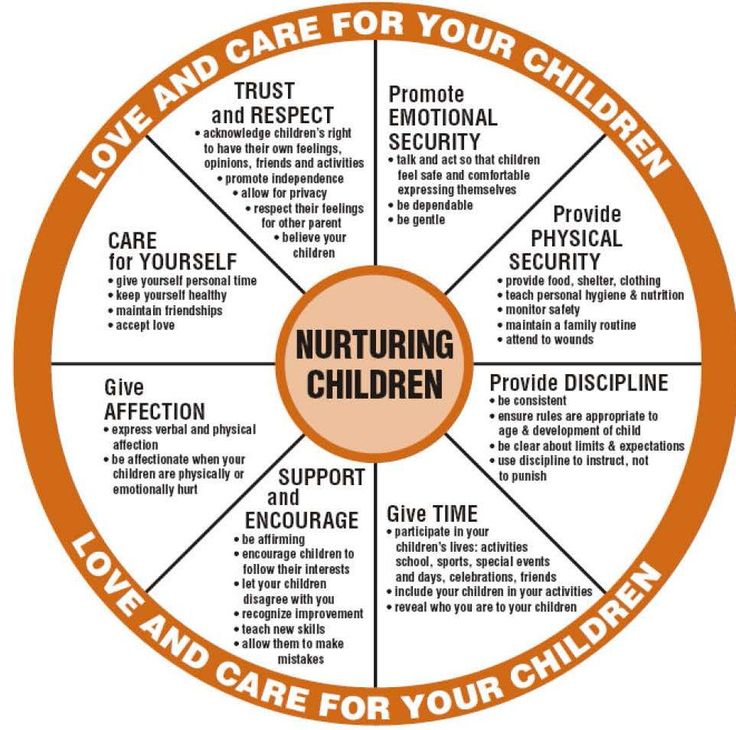 They ask questions like, "What would help you be more responsible?" and they develop a plan together.
They ask questions like, "What would help you be more responsible?" and they develop a plan together.
That doesn't mean they don't give them consequences — they certainly do. But their discipline is focused on teaching them to do better next time, rather than shaming them for falling short of their goals.
5. They allow their kids to feel uncomfortable
Smart parents give their kids chances to practice their skills by allowing them to feel uncomfortable. That doesn't mean they expose them to harsh circumstances just to toughen them up, but it does mean they let them feel bored, disappointed, and frustrated sometimes.
And rather than help them "not feel scared," they encourage their kids to "be brave." Their kids gain confidence in their ability to tolerate being uncomfortable and they learn that they can do things they don't feel like doing.
Amy Morin is a licensed clinical social worker, a psychology instructor at Northeastern University and a psychotherapist. She is the author of the national bestseller "13 Things Mentally Strong People Don't Do" and "13 Things Mentally Strong Women Don't Do." She was named the "self-help guru of the moment" by The Guardian. Follow her on Twitter @AmyMorinLCSW .
She is the author of the national bestseller "13 Things Mentally Strong People Don't Do" and "13 Things Mentally Strong Women Don't Do." She was named the "self-help guru of the moment" by The Guardian. Follow her on Twitter @AmyMorinLCSW .
Like this story? Subscribe to CNBC Make It on YouTube!
Don't miss:
- 13 things mentally strong women don't do
- 7 powerful tactics mentally strong people use to handle toxic co-workers
7 tips to help increase emotional resilience in children
Emotional resilience is the ability to overcome difficult situations caused by strong emotions. This skill is not inherited, so we can develop it. "O!" knows how to do it.
Don't Create Perfect Conditions
Many parents want their children to grow up in safety.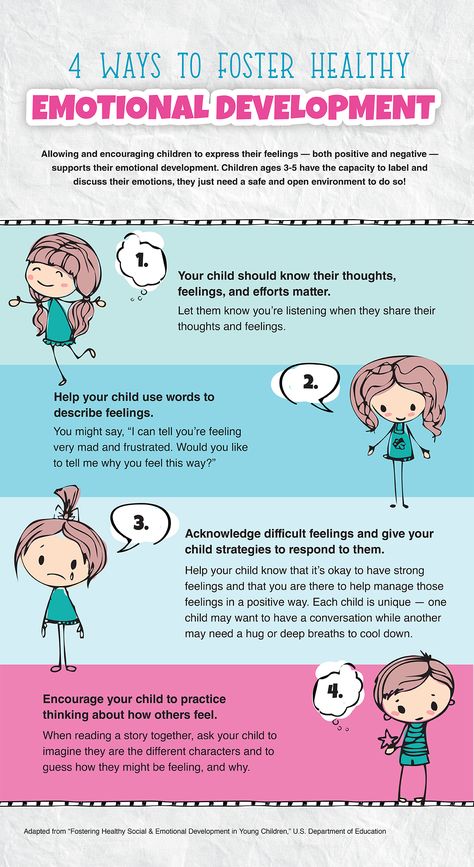 But sooner or later your child will still run into problems. It’s better if you don’t create an “oasis of peace and harmony” around him, but prepare the baby for trouble. Teach him to analyze the situation with minor mistakes: why it happened, what can be done, how to start again. Gradually, he will stop being afraid to take risks and become more confident in himself.
But sooner or later your child will still run into problems. It’s better if you don’t create an “oasis of peace and harmony” around him, but prepare the baby for trouble. Teach him to analyze the situation with minor mistakes: why it happened, what can be done, how to start again. Gradually, he will stop being afraid to take risks and become more confident in himself.
Ask "how" not "why"
When children make mistakes, most parents ask them why they did it the way they did. This question often leads to excuses or lies. It is much more productive to find out how they will get out of this situation. Questions with "how" include being more active and willing to change.
Teach how to solve problems
Show specific steps to take to correct the situation. The rule here is “If you want to feed a person once, give him a fish. If you want to feed him for life, teach him to fish.” A little later, allow the child to be more independent.
Avoid panicking
We constantly hear words like "disaster", "catastrophe", "terrible" and involuntarily include them in our speech. All this distorts our perception of reality, painting the world in gloomy colors. Try to call things and situations by their proper names, without exaggeration, then the child will learn to do the same.
Don't be afraid to make mistakes
The old adage says, "You can't learn from a mistake you didn't make." The truth is that sometimes a mistake can be more useful and educational than punishment or scolding. The child gradually becomes more tolerant of disappointments and understands what rash actions lead to.
Develop Emotional Intelligence
Teach your toddler to recognize and manage his emotions from an early age: “You got mad because a boy wouldn't let you play with his toys. This is his right. Look, you yourself have a whole package of different cars and cubes, let me show you an interesting game.
Be flexible
Children learn by imitating adults, so if you want them to be emotionally stable, start with yourself. Try to be calm and consistent in different situations. If you're asking your toddler to control his impulses, it's only fair that you can do it too.
The English writer Aldous Huxley said: "Experience is not what happens to you, but how you react to it." This means only one thing: even in the most unfavorable situation, you can find some advantage that will help us become even stronger.
Text: Daria Dudkin
Source: Based on materials from Rinconpsicologia.com
Photo: Yuganov Konstantin / Shutterstock.com 9
Psychology Psychology.0003
10 steps to emotional stability
How do people manage to survive psychological trauma? How in situations where some want to lie down and die, others demonstrate amazing resilience? American psychiatrists Stephen Southwick and Dennis Charney have been studying people with an inflexible character for 20 years.
They spoke with Vietnamese prisoners of war, special forces instructors and those who faced serious health problems, violence and injuries. They collected their discoveries and conclusions in the book Resilience: The Science of Mastering Life's Greatest Challenges.
1. Be optimistic
Yes, the ability to see the bright side supports. Interestingly, in this case we are not talking about "pink glasses". Truly resilient people who have to endure the most difficult situations and still go to the goal (prisoners of war, soldiers of special forces) are able to strike a balance between a positive forecast and a realistic view of things.
The Unbending: The Science of Withstanding Life's Challenges
Quoted from Stephen Southwick and Dennis Charney.
Realistic optimists take into account the negative information that is relevant to the current problem. However, unlike pessimists, they do not dwell on it. As a rule, they quickly abstract from problems that are currently unsolvable and concentrate all their attention on those that they can solve.
And not only Southwick and Charney have identified this feature. When American journalist and writer Lawrence Gonzalez studied the psychology of survivors of extreme situations, he found the same thing: they balance between positive attitude to the situation and realism.
The logical question is: how the hell do they do it? Gonzalez realized that the difference between such people is that they are realists, confident in their abilities. They see the world for what it is, but they believe that they are rock stars in it.
2. Look fear in the eye
Neurology says the only real way to deal with fear is to look it in the eye. That's what emotionally stable people do. When we avoid scary things, we become even more afraid. When we face fears face to face, we stop being afraid.
The Unbending: The Science of Withstanding Life's Challenges
Quoted from a book by Stephen Southwick and Dennis Charney.
To get rid of the memory of fear, you need to experience this fear in a safe environment. And the exposure must be long enough for the brain to form a new connection: in this environment, the stimulus that causes fear is not dangerous.
And the exposure must be long enough for the brain to form a new connection: in this environment, the stimulus that causes fear is not dangerous.
Researchers hypothesize that fear suppression results in increased activity in the prefrontal cortex and inhibition of fear responses in the amygdala.
This method has proven effective in the treatment of anxiety disorders such as post-traumatic stress disorder and phobias. Its essence is that the patient is forced to face fear face to face.
Medic and Special Forces Instructor Mark Hickey believes that confronting fears helps to recognize them, keeps them in good shape, develops courage, increases self-esteem and control over the situation. When Hickey is scared, he thinks, "I'm scared, but this test will make me stronger."
3. Adjust your moral compass
Southwick and Charney found that emotionally stable people have a highly developed sense of right and wrong. Even when in a life-threatening situation, they were always thinking about others, not just about themselves.
The Unbending: The Science of Withstanding Life's Challenges
Quoted from Stephen Southwick and Dennis Charney.
During the interview, we realized that many resilient individuals had a keen sense of right and wrong, which strengthened them during times of great stress and when they were coming back to life after shocks. Selflessness, caring for others, helping without expecting a reciprocal benefit for oneself - these qualities are often the core of the value system of such people.
4. Turn to spiritual practices
The main feature that unites people who were able to survive the tragedy.
The Unbending: The Science of Withstanding Life's Challenges
Quoted from Stephen Southwick and Dennis Charney.
Dr. Amad discovered that religious faith is the very powerful force by which survivors explain both the tragedy itself and their survival.
But what if you're not religious? No problem.
The positive effect of religious activity is that you become part of a community. So you don't have to do anything you don't believe in, you just have to be part of a group that builds your resilience.
So you don't have to do anything you don't believe in, you just have to be part of a group that builds your resilience.
The Unbending: The Science of Withstanding Life's Challenges
Quoted from a book by Stephen Southwick and Dennis Charney.
The connection between religion and perseverance can be partly explained by the social aspects of religious life. The word "religion" comes from the Latin religare - "to bind". People who regularly attend religious services gain access to a deeper form of social support than is available in a secular society.
5. Know how to give and receive social support
Even if you are not part of a religious or other community, friends and family can support you. When Admiral Robert Shamaker was captured in Vietnam, he was isolated from other captives. How did he keep his composure? Knocked on the cell wall. The prisoners in the next cell knocked back. Ridiculously simple, but it was these tappings that reminded them that they were not alone in their suffering.
The Unbending: The Science of Withstanding Life's Challenges
Quoted from Stephen Southwick and Dennis Charney.
During his 8 years in prisons in North Vietnam, Shamaker used his sharp mind and creativity to develop a unique method of tapping communication known as the Tap Code. This was a turning point, thanks to which dozens of prisoners were able to contact each other and survive.
Our brain needs social support to function optimally. During communication with others, oxytocin is released, which calms the mind and reduces stress levels.
The Unbending: The Science of Withstanding Life's Challenges
Quoted from a book by Stephen Southwick and Dennis Charney.
Oxytocin reduces amygdala activity, which explains why peer support reduces stress.
And it is necessary not only to receive help from others, but also to provide it. Dale Carnegie said, "You can make more friends in two months than you can in two years if you are interested in people and not trying to interest them in you.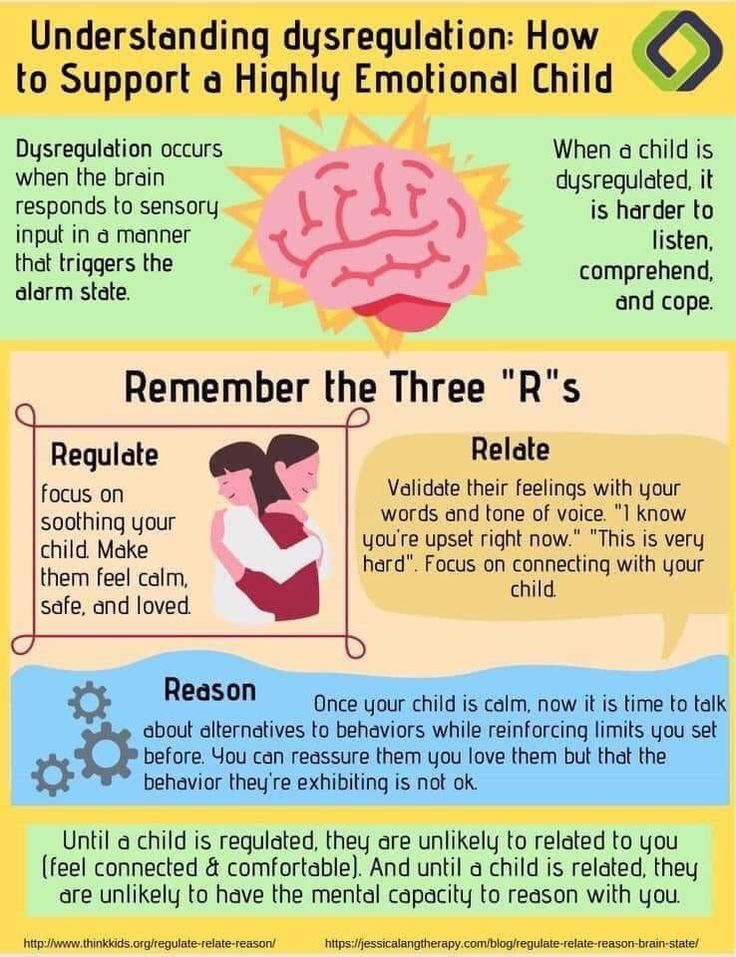 "
"
However, we cannot always be surrounded by loved ones. What to do in this case?
6. Emulate strong personalities
What keeps children growing up in miserable conditions but continuing to lead normal, fulfilling lives? They have role models who set a positive example and support them.
The Unbending: The Science of Withstanding Life's Challenges
Quoted from Stephen Southwick and Dennis Charney.
Emmy Werner, one of the first psychologists who studied resilience, observed the lives of children who grew up in poverty, in dysfunctional families where at least one of the parents was an alcoholic, mentally ill or prone to violence.
Werner found that emotionally stable children who became productive, emotionally healthy adults had at least one person in their lives who really supported them and was a role model.
Our study found a similar connection: many of the people we interviewed said they had a role model—a person whose beliefs, attitudes, and behaviors inspire them.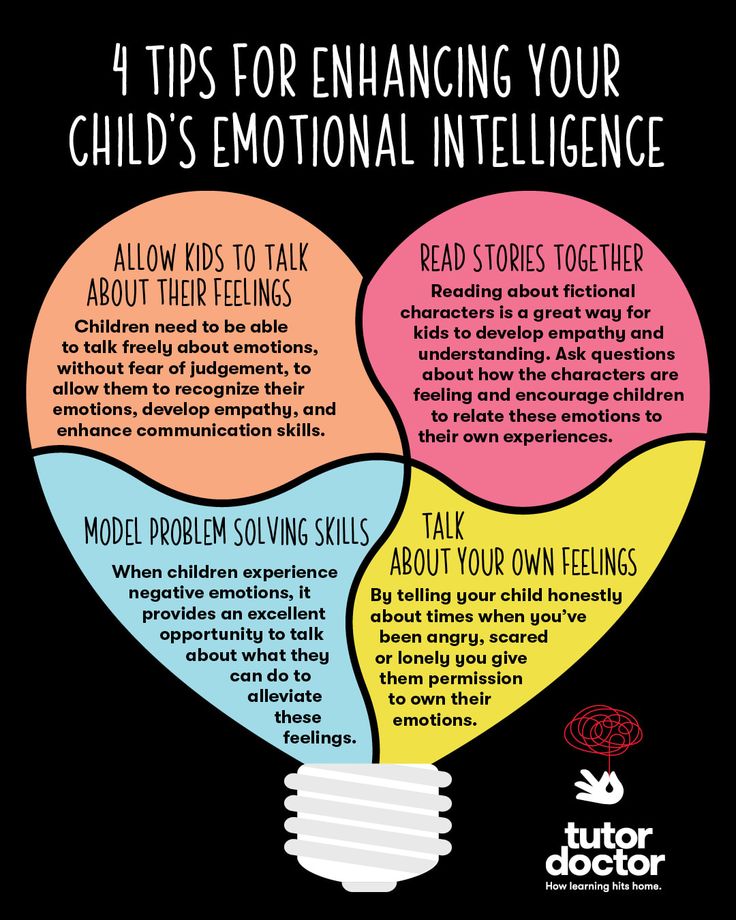
Sometimes it is difficult to find someone you would like to be like among your acquaintances. This is fine. Southwick and Charney found that it's often enough to have a negative example in front of you—a person you don't want to be like in any way.
7. Keep fit
Again and again, Southwick and Charney found that the most emotionally stable people had the habit of keeping their body and mind in good shape.
Resilient: The Science of Withstanding Life's Challenges
Quoted from a book by Stephen Southwick and Dennis Charney.
Many of the people we spoke to were regular exercisers and felt that being in good physical shape helped them through a difficult situation and while recovering from an injury. Some even saved their lives.
Interestingly, maintaining physical fitness is more important for emotionally more fragile people. Why?
Because the stress of exercise helps us adapt to the stress we will experience when life challenges us.
The Unbending: The Science of Withstanding Life's Challenges
Quoted from a book by Stephen Southwick and Dennis Charney.
Researchers believe that during active aerobic training, a person is forced to experience the same symptoms that appear in moments of fear or excitement: rapid heartbeat and breathing, sweating. After some time, a person who continues to exercise intensively can get used to the fact that these symptoms are not dangerous, and the intensity of fear caused by them will gradually decrease.
8. Train your mind
No, we are not asking you to play a couple of logic games on your phone. Resilient people learn throughout their lives, constantly enrich their minds, strive to adapt to new information about the world around them.
The Unbending: The Science of Withstanding Life's Challenges
Quoted from Stephen Southwick and Dennis Charney.
In our experience, resilient people are constantly looking for opportunities to maintain and develop their mental abilities.
By the way, besides stamina, the development of the mind has many more advantages.
The Unbending: The Science of Withstanding Life's Challenges
Quoted from Stephen Southwick and Dennis Charney.
Cathy Hammond, in her 2004 study at the University of London, concluded that continuous learning has a complex positive effect on mental health: good health, the ability to recover from psychological trauma, the ability to cope with stress, a developed sense of self-worth and self-sufficiency and much more. Continuous learning has developed these qualities through pushing boundaries, a process that is central to learning.
9. Develop cognitive flexibility
Each of us has a way in which we usually deal with difficult situations. But the most emotionally resilient people are distinguished by the fact that they use several ways to cope with difficulties.
The Unbending: The Science of Withstanding Life's Challenges
Quoted from Stephen Southwick and Dennis Charney.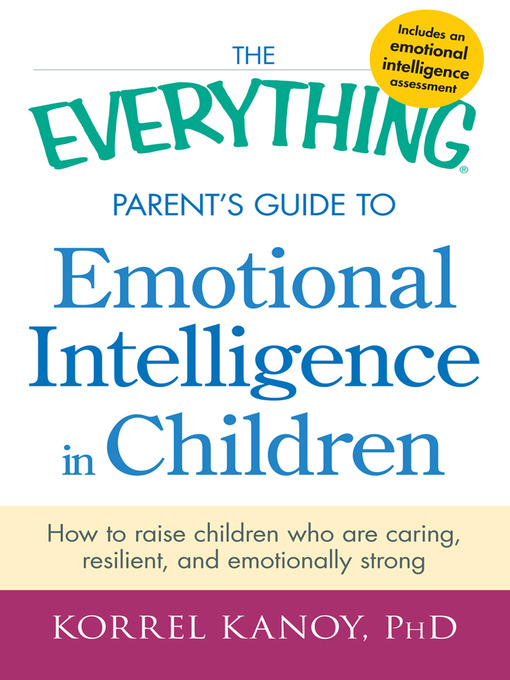
Resilient people tend to be flexible—seeing problems from different perspectives and responding to stress in different ways. They do not stick to just one method of dealing with difficulties. Instead, they switch from one survival strategy to another depending on the circumstances.
What is the surest way to overcome difficulties that definitely works? Be tough? No. Ignore what's going on? No. Everyone mentioned humor.
The Unbending: The Science of Withstanding Life's Challenges
Quoted from Stephen Southwick and Dennis Charney.
There is evidence that humor can help people overcome difficulties. Studies in combat veterans, cancer patients, and surgical survivors have shown that humor reduces stress and is associated with resilience and the ability to tolerate stress.
10. Find the meaning of life
Resilient people don't have a job - they have a calling. They have a mission and purpose that give meaning to everything they do. And in difficult times, this goal pushes them forward.
The Unbending: The Science of Withstanding Life's Challenges
Quoted from Stephen Southwick and Dennis Charney.
According to the Austrian psychiatrist Viktor Frankl's theory that work is one of the pillars of the meaning of life, the ability to see a calling in one's work increases emotional stability. This is true even for people doing low-skilled jobs (such as cleaners in a hospital) and for people who fail to do their chosen job.
Summary: What can help build emotional resilience
- Be optimistic. Do not deny reality, look at the world clearly, but believe in your abilities.
- Look fear in the eye. By hiding from fear, you make the situation worse. Look him in the face and you can step over him.
- Set up a moral compass. A developed sense of right and wrong tells us what to do and pushes us forward, even when our strength is running out.
- Be part of a group that believes strongly in something.
- Give and receive social support: even tapping on the cell wall is supported.

- Try to be a role model or, on the contrary, keep in mind the person you do not want to become.
- Exercise: physical activity adapts the body to stress.
- Learn all your life: your mind must be in good shape to come up with the right solutions when you need them.
- Cope with difficulties in different ways and remember to laugh even in the worst situations.
- Fill life with meaning: you must have a calling and a purpose.
We often hear about post-traumatic mental disorders, but rarely about post-traumatic development. But it is. Many people who have been able to overcome difficulties become stronger.
“The path to prosperity. A New Understanding of Happiness and Prosperity”
Quote from Martin Seligman's book.
Within a month, 1,700 people who experienced at least one of these nightmarish events passed our tests. To our surprise, people who experienced one terrible event were stronger (and therefore more prosperous) than those who did not experience any.






